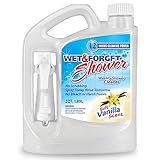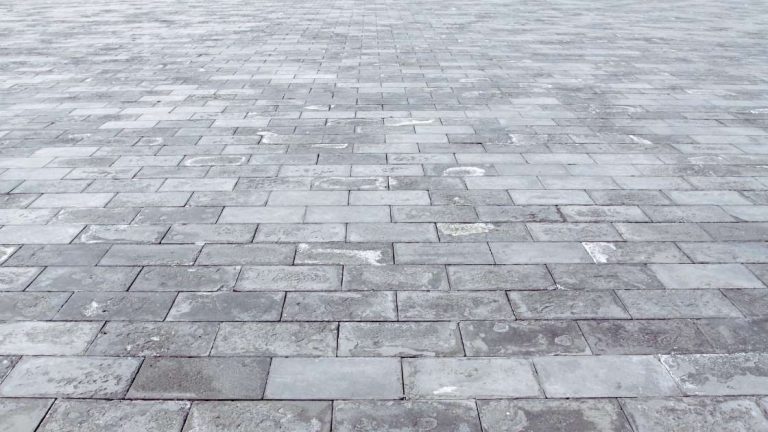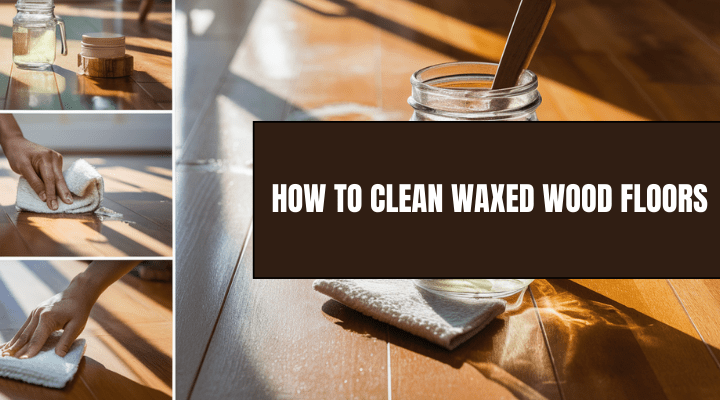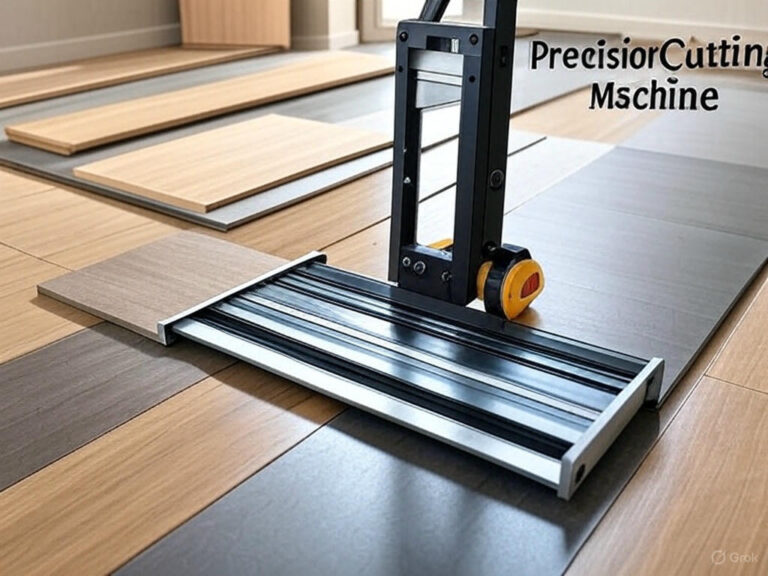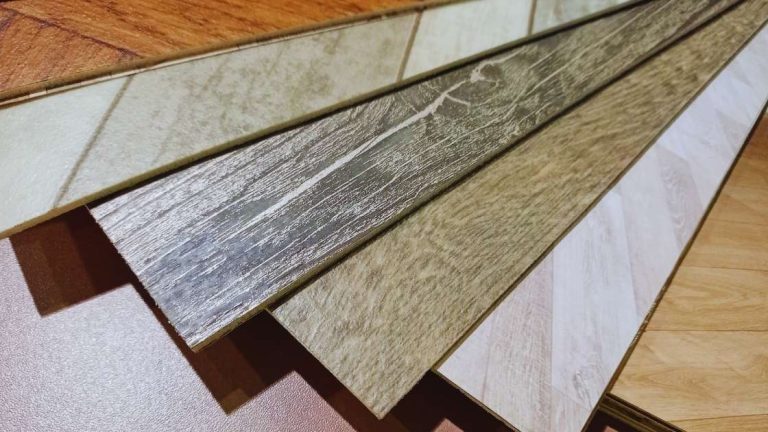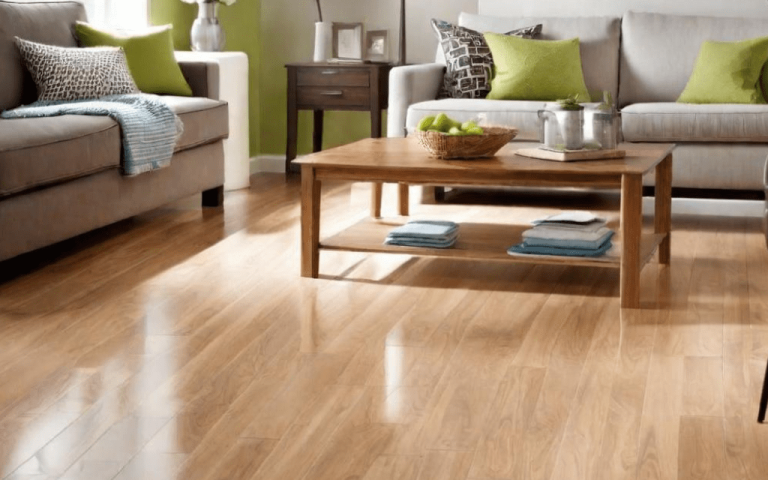Best Cleaner For Pebble Shower Floor
Finding the right cleaner for your pebble shower floor can feel overwhelming. This guide will walk you through everything you need to know to keep your shower sparkling clean. We’ll cover the best cleaning products, techniques, and answer common questions.
Pebble shower floors are a popular choice for bathrooms, offering a unique, textured surface that’s both visually appealing and provides excellent traction, reducing the risk of slips and falls. They’re often made from natural stones like river rocks, smooth pebbles, or even glass pebbles, set in a mortar bed for stability. The beauty of a pebble shower floor lies in its natural variation; no two are exactly alike. However, this natural variation also presents unique cleaning challenges compared to a smooth, tiled surface. The crevices between the pebbles can easily trap soap scum, mildew, and dirt, requiring a specialized cleaning approach. Regular cleaning is crucial to maintain the longevity and aesthetic appeal of your pebble shower floor. Ignoring regular cleaning can lead to stubborn stains, mold growth, and potential damage to the grout and pebbles themselves.
Why Proper Cleaning is Crucial
Maintaining a clean pebble shower floor is essential not only for its aesthetic appeal but also for hygiene and longevity. Soap scum, mildew, and mold thrive in the moist environment of a shower, and the textured surface of a pebble floor provides ample nooks and crannies for these contaminants to accumulate. Neglecting regular cleaning can lead to the build-up of these substances, causing discoloration, unpleasant odors, and even potential health problems. Furthermore, persistent grime can damage the grout between the pebbles, leading to cracks and deterioration, necessitating costly repairs. A properly cleaned pebble shower floor, on the other hand, will remain beautiful, hygienic, and durable for years to come. The investment in time and appropriate cleaning products pays off handsomely in the long run, preserving your shower’s value and your peace of mind. Think of it like regular car maintenance; a little preventative care prevents major problems down the line.

Choosing the Right Cleaning Tools
The right tools can make all the difference in effectively cleaning your pebble shower floor. A stiff-bristled brush is essential for scrubbing away stubborn dirt and grime from the crevices between the pebbles. Avoid using overly abrasive brushes, as they could scratch the surface of the pebbles. A soft-bristled brush can be used for gentle cleaning and everyday maintenance. A grout brush, with its smaller head and angled bristles, is ideal for reaching into tight spaces between the pebbles and cleaning the grout thoroughly. Finally, don’t forget the power of a good squeegee! Squeegeeing the shower walls and floor after each use helps prevent soap scum and water spots from building up, making cleaning easier in the long run. Investing in high-quality cleaning tools is an investment in the health and appearance of your shower, making the process much more efficient and effective. Consider it a small price to pay for a consistently sparkling clean shower.
Types of Cleaners for Pebble Shower Floors
Acidic Cleaners: Their Use and Cautions
Acidic cleaners, such as those containing citric acid or muriatic acid, are powerful tools for tackling tough stains and removing mildew from grout lines. They effectively break down mineral deposits and soap scum, leaving your shower gleaming. However, their potent nature requires careful handling. Always follow the manufacturer’s instructions meticulously, using appropriate protective gear like gloves and eye protection. Test the cleaner on an inconspicuous area first to check for any adverse reactions on the pebbles or grout. Excessive use of acidic cleaners can damage the sealant and grout, leading to long-term problems. Proper ventilation is crucial while using these cleaners to avoid inhaling harmful fumes. Remember, a little goes a long way – starting with a diluted solution and gradually increasing the concentration if necessary is a safer approach. For severe mildew, consider hiring a professional cleaning service that specializes in this type of cleaning.
Alkaline Cleaners: Gentle Yet Effective
Alkaline cleaners, often containing substances like sodium hydroxide, are gentler than their acidic counterparts but are still effective at removing many common contaminants found in showers. They’re particularly useful for cleaning soap scum and general dirt. They’re generally less corrosive and pose a reduced risk of damaging your pebble shower floor compared to strong acids. However, even alkaline cleaners should be used with caution. Always dilute according to instructions, and avoid prolonged contact with the cleaner. Always test on an inconspicuous area first. Alkaline cleaners can sometimes react with certain types of grout or sealant, causing discoloration. While generally safer than acidic cleaners, precautions are still necessary. Choosing a cleaner specifically formulated for bathroom use is always the safest and most effective approach.
Natural Cleaners: Environmentally Friendly Choices
For those seeking eco-friendly alternatives, natural cleaners are an excellent option. Vinegar, baking soda, and hydrogen peroxide are among the most effective natural cleaning agents, boasting potent cleaning powers. Vinegar’s acidity effectively tackles soap scum and mildew, while baking soda acts as a gentle abrasive. Hydrogen peroxide is a powerful disinfectant that kills bacteria and mold. These can be used individually or in combination for a powerful, environmentally conscious clean. For example, a paste of baking soda and water can be applied to grout lines and scrubbed gently with a brush, while a solution of vinegar and water can be sprayed on the entire shower floor. However, remember that natural cleaners might require more scrubbing and might not be as effective against extremely stubborn stains as commercial products. For severely stained grout, a combination of natural and chemical cleaners may be necessary.
Other Considerations for Cleaning a Pebble Shower Floor
Preventing Mold and Mildew Growth
Mold and mildew thrive in damp environments. Regularly cleaning your pebble shower floor is crucial, but proactive steps can significantly reduce their growth. Ensure proper ventilation in your shower by using an exhaust fan during and after showers. Keep the shower door or curtain open to allow air circulation and prevent moisture buildup. Squeegeeing the walls and floor after each use will remove excess water, preventing mold and mildew from taking hold. Regularly inspect your shower for any signs of mold or mildew, addressing any issues promptly. Properly sealing your grout lines protects them from water penetration and subsequent mold growth. Implementing these preventative measures significantly reduces the effort required for cleaning and maintaining a healthy, mold-free shower.
Dealing with Stubborn Stains
Even with regular cleaning, stubborn stains may appear on your pebble shower floor. These could be from hard water deposits, rust, or other sources. For hard water stains, a commercial hard water stain remover may be necessary. However, for rust stains, a paste of baking soda and water applied directly to the stain, followed by gentle scrubbing with a brush, can be surprisingly effective. Before using any harsh chemicals, always test them on an inconspicuous area to assess their effect on the pebbles and grout. For particularly stubborn stains or if the damage is extensive, considering hiring a professional tile and grout cleaner is always a good idea. Attempting to remove stubborn stains without the proper tools or knowledge can potentially damage the shower floor, leading to increased expenses.
Maintaining the Grout
The grout lines between the pebbles are often the dirtiest part of your pebble shower floor. Regular cleaning is vital to prevent mold, mildew, and discoloration. Use a grout brush to reach these tight areas, and consider using a grout sealer every few years to protect the grout from water damage and staining. A sealed grout line is less porous, repelling dirt and grime more effectively. Cleaning products specifically designed for grout are also available and offer more powerful cleaning action. When cleaning grout, remember to be gentle to avoid scratching or damaging the grout lines. Regular sealing and cleaning will extend the life and beauty of your pebble shower floor.
Frequency of Cleaning
Daily Cleaning: Quick and Easy Maintenance
Daily cleaning is a crucial aspect of maintaining a clean pebble shower floor. After each shower, take a few moments to squeegee the walls and floor, removing excess water and preventing soap scum and hard water deposits from accumulating. This simple action significantly reduces the time and effort required for deeper cleaning. Use a damp cloth or sponge to wipe down the shower walls and floor, eliminating any remaining soap residue. This consistent effort prevents stubborn stains from forming and keeps your shower looking fresh and clean. By establishing a daily routine, you’ll significantly reduce the amount of scrubbing needed in the long run.
Weekly Cleaning: Deep Cleaning for a Sparkling Shower
Weekly cleaning goes beyond daily maintenance, targeting more stubborn grime and tackling potential issues before they become significant problems. This deeper clean usually involves using a more powerful cleaning solution, such as a bathroom cleaner or a homemade mixture of vinegar and baking soda. Pay close attention to grout lines, using a grout brush to remove dirt and debris. Rinse thoroughly to remove any cleaning residue, and allow the shower to air dry. Weekly cleaning helps maintain hygiene and prevents mold or mildew from taking hold, ensuring your pebble shower floor remains beautiful and fresh. Combining weekly cleaning with daily maintenance provides a comprehensive approach to shower care.
Monthly Cleaning: Thorough Inspection and Preventative Measures
Once a month, perform a more comprehensive cleaning and inspection of your pebble shower floor. This goes beyond the weekly cleaning, providing a more in-depth assessment of the condition of the grout lines and the overall integrity of the shower floor. Look for any signs of damage, loose pebbles, or excessive mildew buildup. Pay close attention to the sealant around the edges of the shower floor. During this monthly clean, consider using a stronger cleaning agent to tackle stubborn stains or mildew. Address any issues immediately, ensuring any small problems don’t turn into bigger ones. Monthly cleaning is preventative maintenance at its finest.
Choosing the Best Cleaner: A Comparative Look
Comparing Popular Brands
The market offers numerous cleaning products, each with its unique strengths and weaknesses. Brands like CLR, Zep, and Soft Scrub offer powerful cleaning solutions, but always read the instructions carefully and choose the product best suited for your pebble shower floor’s material. Some cleaners might be too harsh for certain types of stone, potentially causing damage or discoloration. Natural options, such as white vinegar and baking soda, are gentler and safer alternatives, particularly for sensitive surfaces. Consider factors like the type of stain you’re dealing with, the material of your pebbles, and the frequency of cleaning when selecting a product. Ultimately, finding the “best” cleaner depends on individual needs and preferences. Experimenting with a few different brands and approaches will help you determine the optimal cleaning solution for your pebble shower floor.
DIY vs. Commercial Cleaners: Weighing the Options
While commercial cleaners offer convenience and often stronger cleaning power, DIY solutions using readily available ingredients like vinegar, baking soda, and hydrogen peroxide are more environmentally friendly and budget-friendly alternatives. Vinegar’s acidity cuts through soap scum, while baking soda acts as a gentle abrasive, and hydrogen peroxide offers disinfecting power. These natural cleaners, when used correctly, can effectively maintain the cleanliness of your pebble shower floor. Commercial cleaners, however, sometimes offer more potent solutions for stubborn stains or mildew, particularly those designed for bathroom and grout cleaning. Weighing the pros and cons of each approach based on the condition of your shower and personal preferences is key to making an informed decision.
Cost-Effectiveness and Long-Term Considerations
When choosing a cleaner for your pebble shower floor, it’s crucial to consider not only the initial cost but also the long-term implications. While some high-priced commercial cleaners might seem cost-effective in the short term, they could potentially damage your shower floor over time if used improperly, resulting in expensive repairs. Conversely, cheaper cleaners might require more frequent application and scrubbing, negating any initial cost savings. Natural cleaners offer a good balance, being both budget-friendly and generally safe for most materials. The most cost-effective approach is to find a cleaner that effectively maintains the cleanliness of your shower floor without causing damage or requiring excessively frequent use. Regular maintenance is always cheaper than extensive repairs.
Frequently Asked Questions
What is the best cleaner for pebble shower floor best for?
The “best” cleaner depends on your specific needs and the condition of your shower. For everyday maintenance, a gentle, non-abrasive cleaner is ideal. For stubborn stains or mildew, a stronger cleaner containing citric acid or other effective agents may be necessary. Natural options like vinegar and baking soda can be very effective, but stronger commercial cleaners may be more efficient against persistent mold. Always test any cleaner on a small, inconspicuous area first to ensure it doesn’t damage your pebbles or grout.
How often should I clean my pebble shower floor?
A daily squeegee and quick wipe-down are crucial for preventing soap scum buildup. A weekly deep clean using a suitable cleaner is also recommended to maintain hygiene. Monthly cleaning provides more thorough inspection and preventative maintenance. The frequency may need adjustment depending on usage and the appearance of your shower. Paying attention to the cleanliness of the grout lines is particularly important.
Can I use bleach on my pebble shower floor?
While bleach is a potent disinfectant, it can be harsh on some grout and pebble types, potentially causing discoloration or damage. Use it sparingly, if at all, and always dilute it thoroughly according to instructions. Test on an inconspicuous area first. Other, gentler disinfectants might be a better option.
How do I remove hard water stains from my pebble shower floor?
Hard water stains are common but can be tackled using a commercial hard water stain remover. Always follow the instructions carefully. Natural methods, such as applying a paste of baking soda and water, can also work but may require more effort. For stubborn stains, you may need to repeat the application and scrubbing process.
What should I do if I notice loose pebbles?
Loose pebbles are a sign of potential damage to the mortar bed. You may be able to fix minor issues by carefully resealing the area, but for significant damage, it’s best to consult a professional tile contractor. Ignoring loose pebbles can lead to further damage and create a safety hazard.
How can I prevent mold and mildew from growing in the grout?
Good ventilation and promptly drying the shower after each use are crucial. Regular cleaning, particularly with a grout brush, helps prevent mold and mildew. Sealing the grout lines every few years can also help significantly.
Are there any environmental concerns associated with cleaning products?
Many commercial cleaners contain harsh chemicals that can affect the environment. Choosing natural, eco-friendly alternatives, such as vinegar and baking soda, minimizes your environmental impact. Dispose of cleaning products responsibly, according to local regulations. Consider the environmental impact when choosing your cleaning products.
Final Thoughts
Maintaining a clean pebble shower floor requires a consistent approach that combines daily, weekly, and monthly cleaning routines. Choosing the right cleaning products, appropriate tools, and understanding the specific needs of your shower floor are crucial. Remember to always test any new cleaning product in an inconspicuous area first. Regular maintenance is key to preventing costly repairs and ensuring your shower remains a beautiful and hygienic space. Don’t hesitate to contact a professional if you encounter any significant issues or persistent problems. Remember, a sparkling clean pebble shower floor contributes to a more relaxing and enjoyable bathroom experience.




